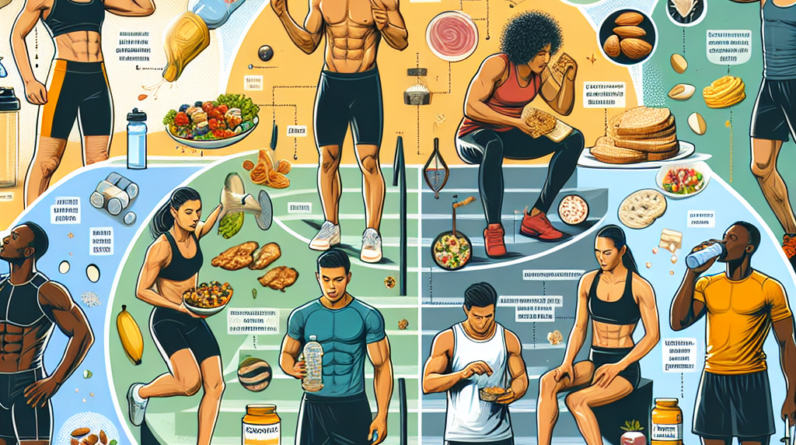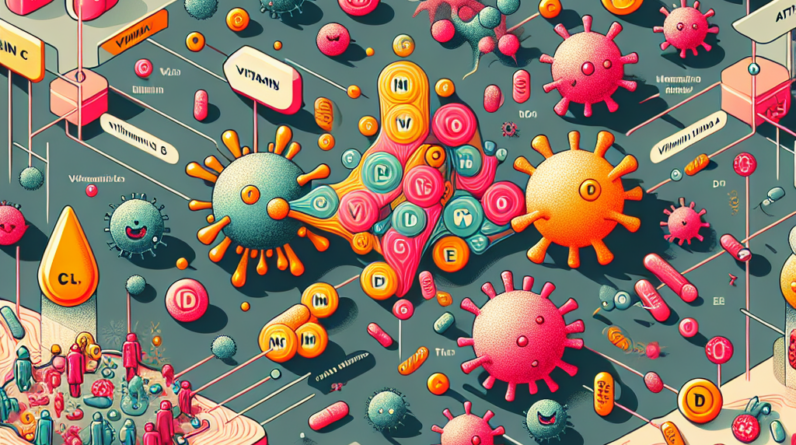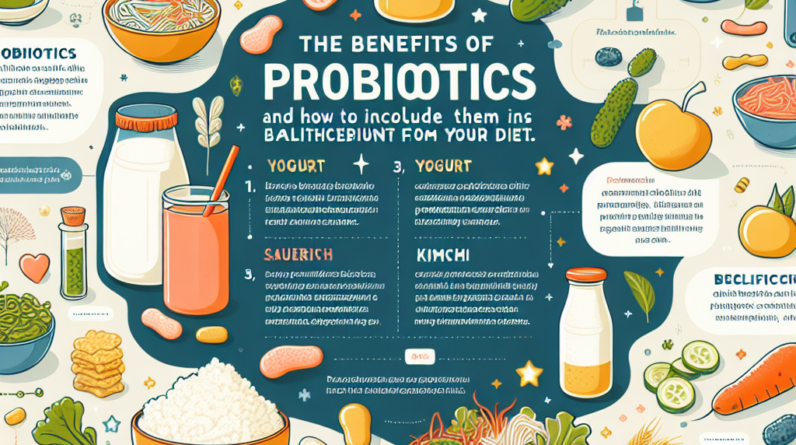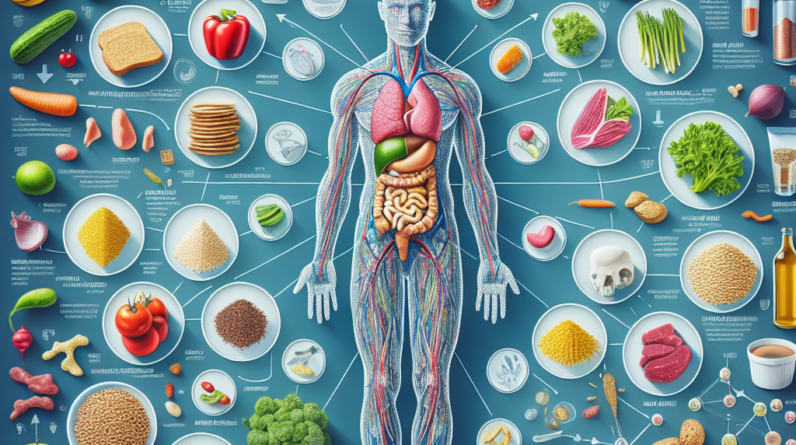
Optimize Your Hydration
Understanding Hydration Needs
One of the biggest lessons I’ve learned as an athlete is just how crucial hydration really is. I used to think, “Oh, I’ll have some water before my workout and I’ll be fine.” Boy, was I wrong! Hydration isn’t just a matter of quenching your thirst; it involves maintaining fluid balance over time. Knowing how much water you need depends on factors like your size, the weather, and how intense your workouts are.
Get a Huge Discount and Bonus! Try for 90 Days Risk Free
To make it more relatable, I’d suggest starting your day with a glass of water. It kick-starts your hydration and gets you focused. Also, don’t forget to sip water during your workouts, especially if you’re sweating a lot. Just remember to drink regularly rather than guzzling down a bunch at once!
Keeping track of your hydration levels can also be a game-changer. I’ve found that the color of your urine can be a handy indicator — light yellow is the goal. If it’s darker, it’s time to drink up! And if you’re sweating buckets, consider sports drinks for those lost electrolytes.
Fuel with the Right Macronutrients
The Importance of Carbohydrates
Let’s talk about carbs — the unsung heroes of an athlete’s diet. I’ve always seen carbs as my best buddies for any intense workout! They provide the energy my body craves, particularly for endurance sports. You wanna be hitting those hills or pushing through that last mile, right? That energy comes from good ol’ carbs.
Incorporating complex carbohydrates, like whole grains, fruits, and veggies, is essential. They not only fuel you but also keep you feeling full longer. For me, oatmeal before a long run is like rocket fuel. And let’s be honest, who doesn’t love a good carbohydrate-rich meal after training?
Ditching refined sugars is definitely a must. They might give you an instant rush, but that crash afterward isn’t worth it. Stick with wholesome, hearty carbs to keep you going strong!
Prioritize Protein Intake
Building Muscle and Recovery
Protein is where the magic happens. As someone who’s put in countless hours at the gym, I’ve seen first-hand the impact of a solid protein intake on muscle recovery and growth. After an intense workout, your muscles need that protein to repair. I’ve made it a habit to have a protein-rich meal or snack shortly after my sessions, and it’s made a world of difference in how I feel.
It’s not just about hitting the protein shakes, either. I like to mix it up with sources like chicken, fish, lentils, and beans. Each source brings its own set of nutrients, so diversifying your protein sources is key. Plus, it keeps your meals interesting!
Listening to your body is vital. I often adjust my protein intake based on how tough my training week has been. It’s all about finding that sweet spot to help my body recover and build strength.
Get a Huge Discount and Bonus! Try for 90 Days Risk Free
Set a Meal Schedule
The Importance of Timing
Timing truly matters when it comes to meals as an athlete. I’ve learned that my body performs way better when I eat on a schedule. This way I maintain steady energy levels and avoid those dreaded crashes. I aim for smaller meals throughout the day, about every 3 to 4 hours, rather than a couple of big ones. It keeps my energy up and my metabolism humming.
Good Health Solution is Easier Than Most People Think!
Take a Look for Yourself!
Before workouts, I’ve found it useful to have a small snack, like a banana or a handful of nuts, around 30 minutes prior. It’s enough to get me energized without feeling sluggish. And post-workout? I try to eat a balanced meal as soon as I can to maximize recovery.
Need a Serious Energy BOOST? Huge Discount Try for 90 Days Risk Free
Meal prepping has become a game changer for me. I spend a little time on the weekends making sure I have healthy options available throughout the week. This way, I’m not tempted by takeout when I’m too tired to cook after training!
Plan for Healthy Snacks
Smart Snacking Choices
Let’s face it, we all get snack cravings, and as an athlete, it’s crucial to have healthy options on hand. I’ve had my share of reaching for snacks that aren’t the best choice because I was starving and needed something quick. Over time, I’ve learned to stock up on nutrient-rich snacks that fuel rather than derail my training.
My go-to snacks include Greek yogurt, mixed nuts, or protein bars that are low in sugar. These options are not only filling but also provide the nutrients my body needs. I love preparing little snack bags to carry in my gym bag for when hunger strikes.
With snacking, it’s all about balance. You can indulge every now and then — just don’t let that become your main source of energy. Remember, we want to fuel our athletic performance, not sabotage it!
FAQ
1. How much water should I drink as an athlete?
It really depends on factors like your size, exercise intensity, and weather conditions, but a good rule of thumb is to listen to your body. Aim for about half your body weight in ounces of water daily, plus more when you exercise or sweat heavily.
2. Are all carbohydrates bad for athletes?
Nope! While refined carbs can spike energy levels and then lead to crashes, complex carbohydrates like whole grains, fruits, and veggies are essential for sustained energy.
3. How soon after working out should I eat?
It’s ideal to eat a balanced meal within 30 minutes to 2 hours post-workout. This helps your muscles recover and replenish energy stores effectively.
4. Can I snack while training?
Absolutely! Healthy snacks can provide an energy boost. Just make sure to choose options that are easily digestible, like fruits, nuts, or protein bars.
5. How can I ensure I’m consuming enough protein?
Incorporate a source of protein in every meal and snack, and experiment with protein shakes if needed. Tracking your intake with an app can help you stay on top of your goals!








